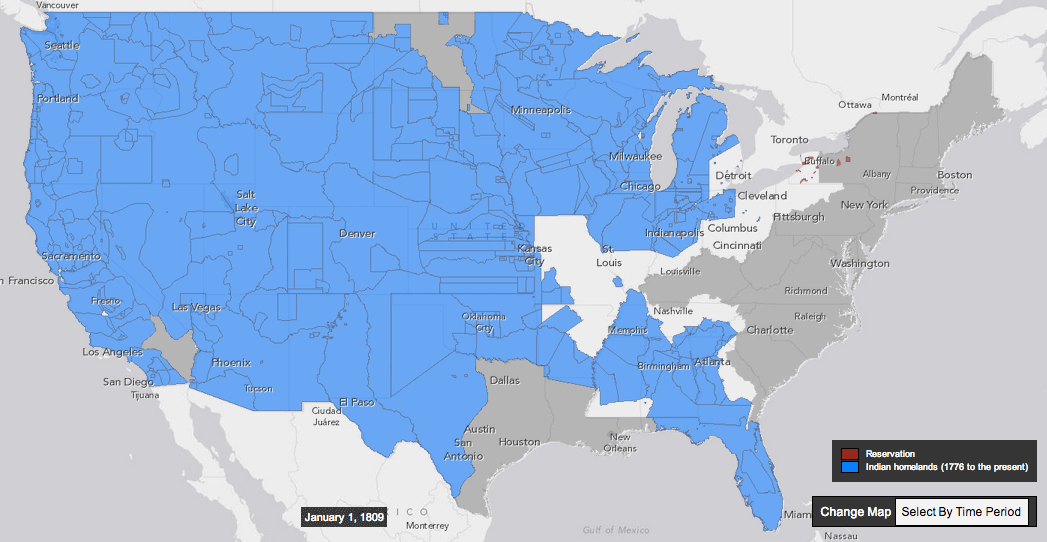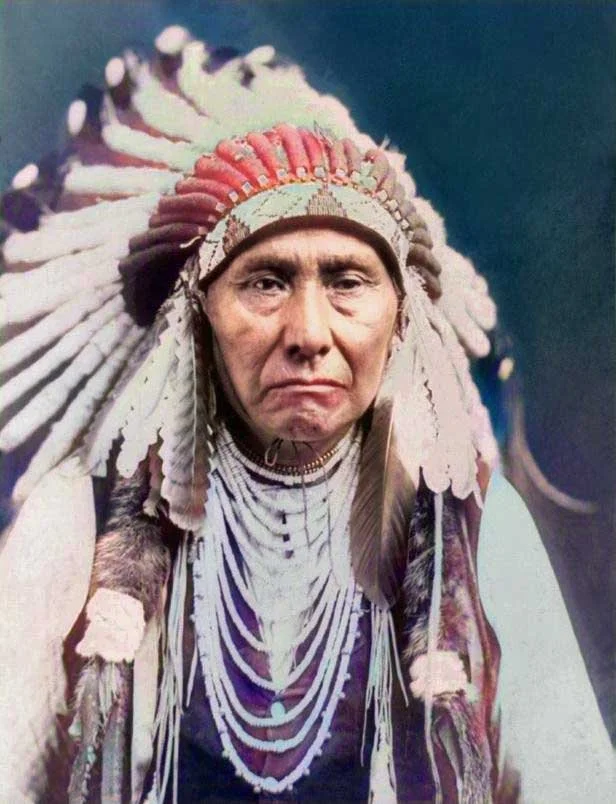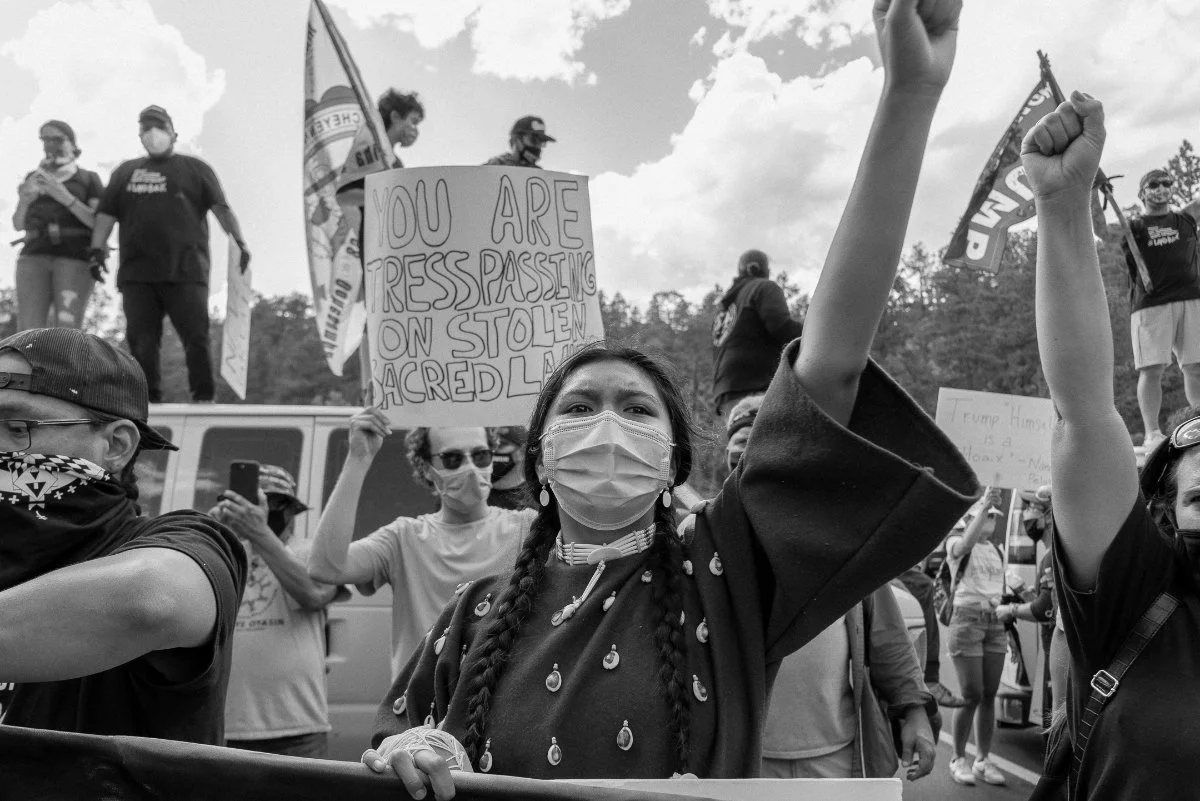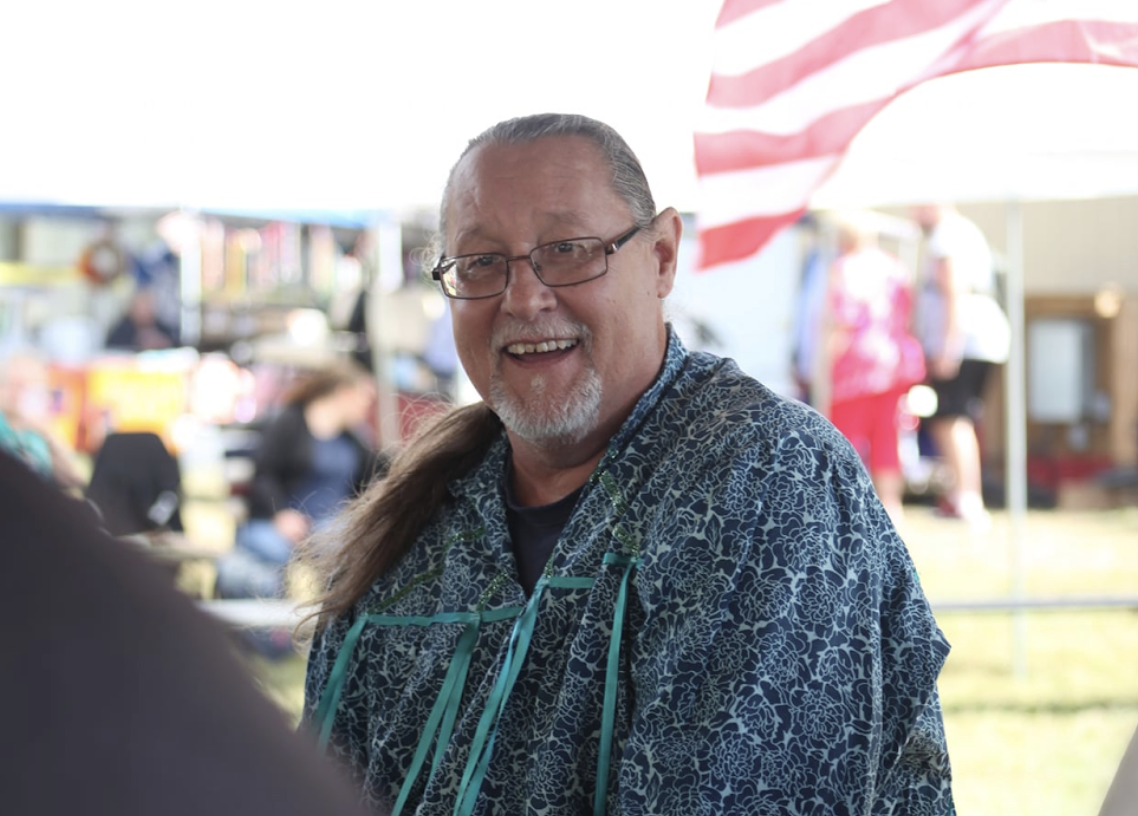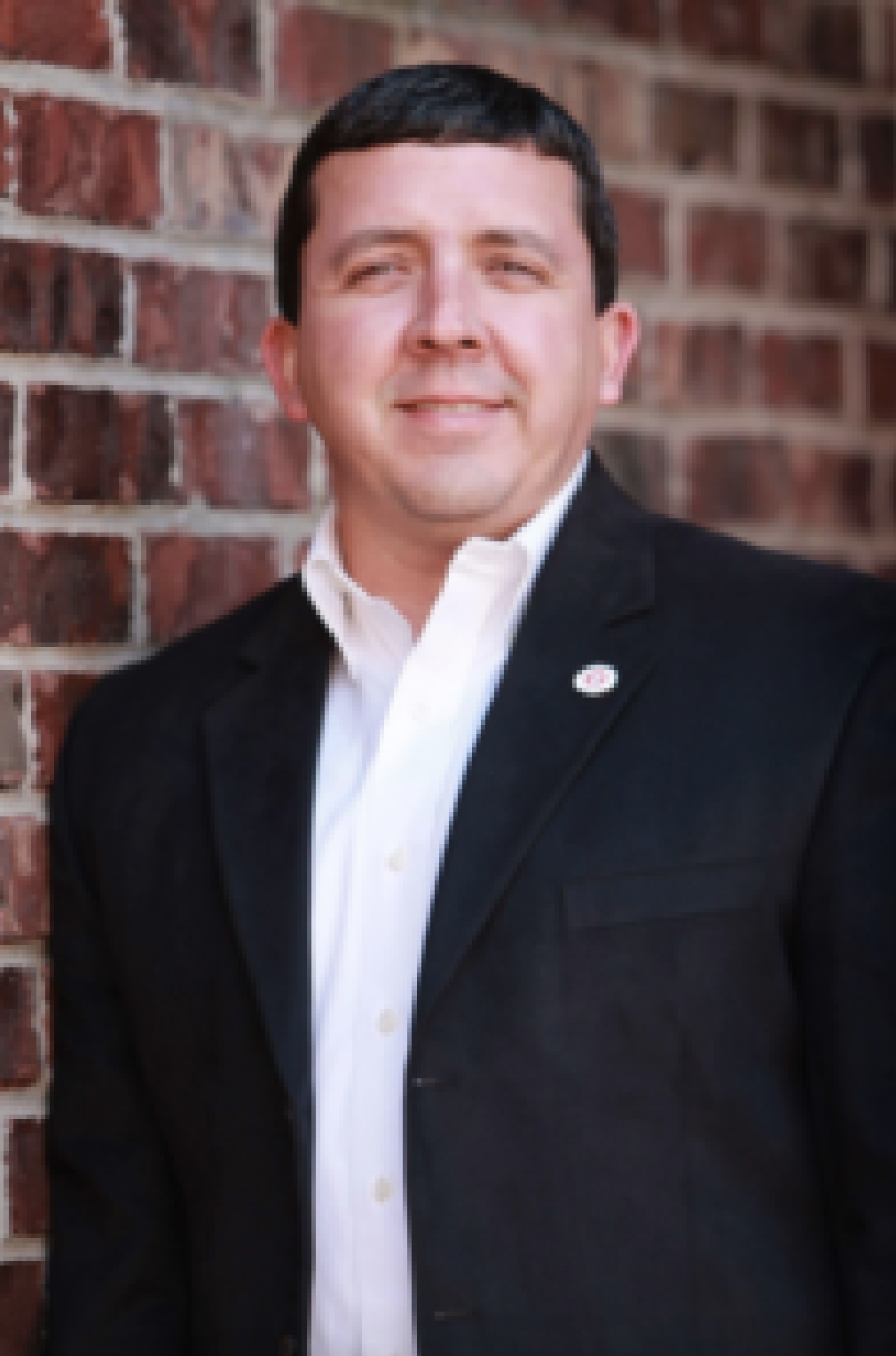
This land is stolen
The United States is the product of a crime
We were not the first
•
We were not the first •
Land Statement
CDIN acknowledges that the state of Indiana is located on the historical lands of indigenous people (such as the Kiikaapoi, Bodwéwadmi, Shawandasse Tula, and many others [1]). We are aware of the marginalization of indigenous people and how their cultures, voices, and lives have been lost as a result of colonialism. We encourage our members to educate themselves on the past, current indigenous groups, and cultures that have come before us. Mere acknowledgment is not enough and further action must be taken to atone for the crime of settler colonialism.
Relocated
Every expansion of the United States came at a cost to indigenous people. Year after year treaties and compromises were violated repeatedly. Lands were taken, people were silenced, and autonomy was removed, all in the name of expansion, greed, and empire.
With the aid of the government, colonizers slowly confined the Indigenous people to smaller and smaller reservations.
Life on reservations not only has removed people from their historic lands but also has elevated disparities. Access to education, water, and healthcare remain challenges the government has yet to address.
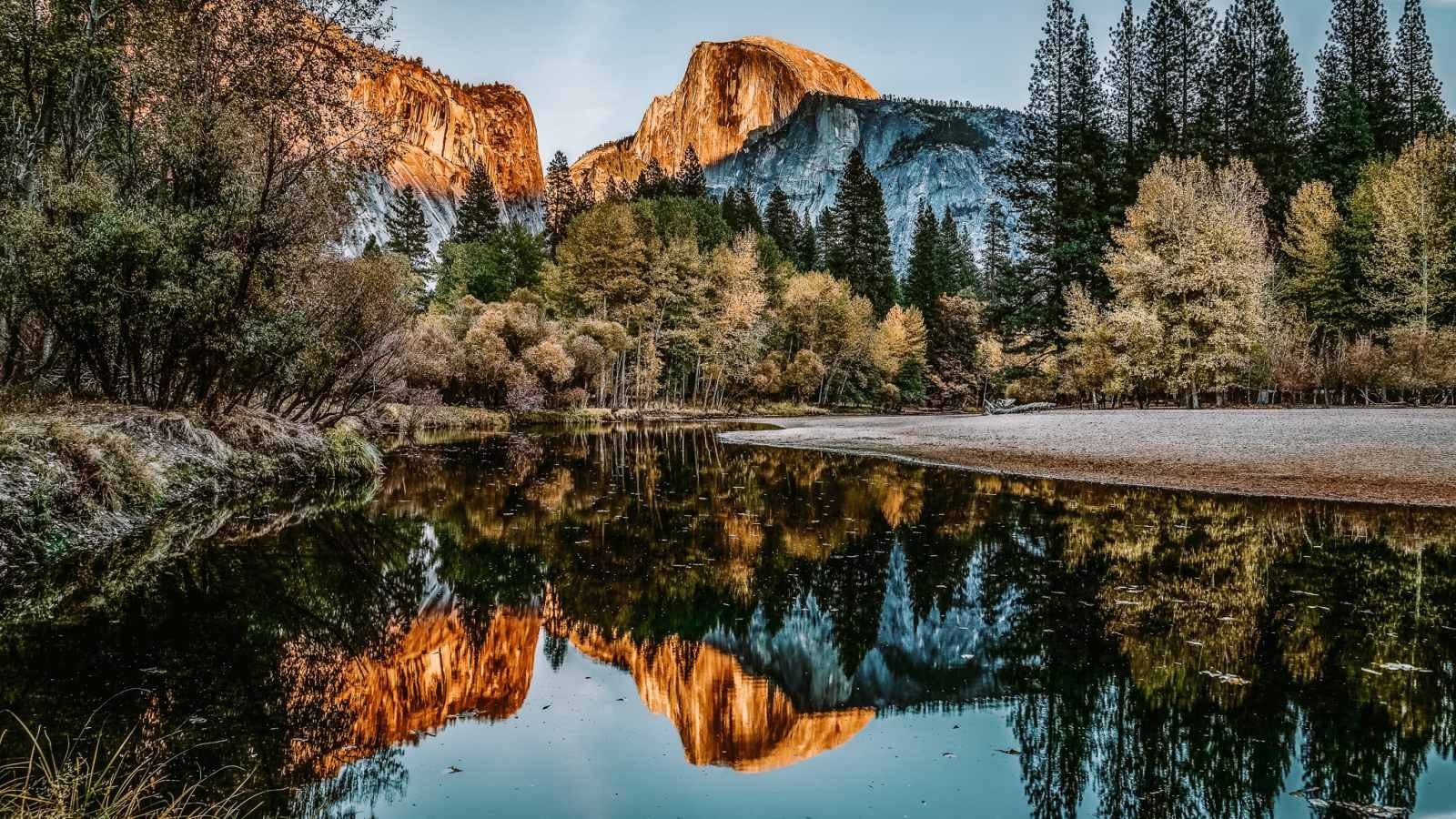
“The earth is the mother of all people, and all people should have equal rights upon it”
–chief joseph
Social Movements
Land Back
Healthcare inequality remains a problem on Indigenous reservations. Their healthcare is supposed to be provided by the federal government. However, every year they are given the same amount of funds regardless of population growth. Thus, each year has brought forth a more and more stretched budget. Without the proper funding, it is extremely difficult for people to get access to the quality care they need [1].
Water
The United States is the product of settler colonialism, in other words, the land the United States was built upon is all stolen. The Land Back Movement calls for the return of Indigenous peoples’ land. The movement emphasizes Indigenous rights to govern their own territories, manage resources, and preserve cultural practices. It aims to combat systemic racism and encourage cultural revitalization of those who have been silenced [2].
healthcare
Access to safe and clean water is important to the health of all living beings, human and nonhuman. When one does not have clean water, people are denied a fundamental right that is essential for life. For many years people on reservations have lacked access to reliable and safe drinking water, which remains a problem today [3].
Local Tribe Leaders


